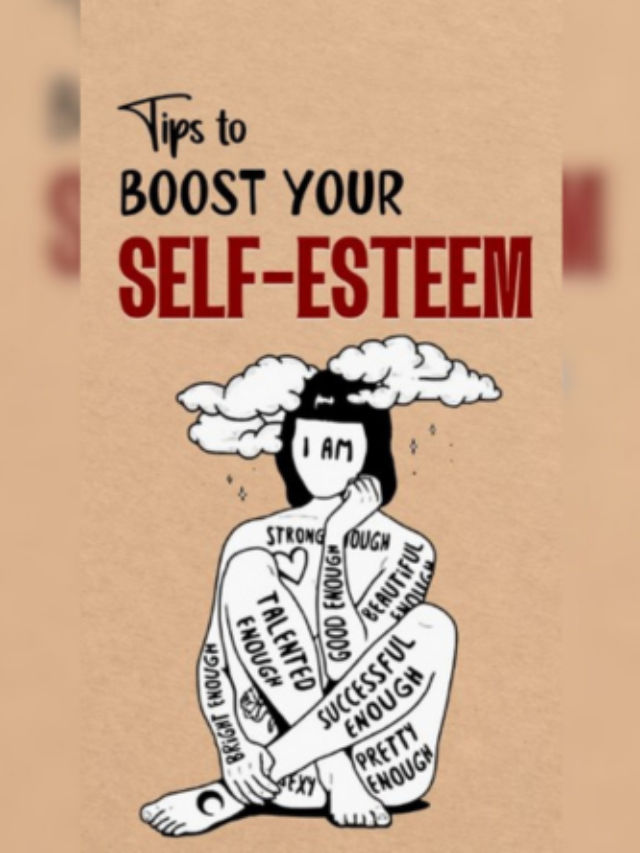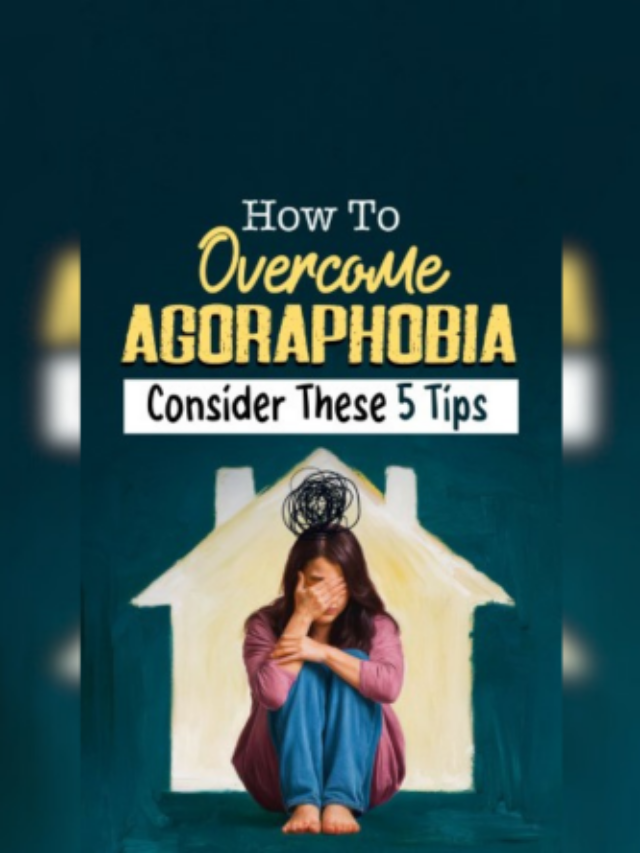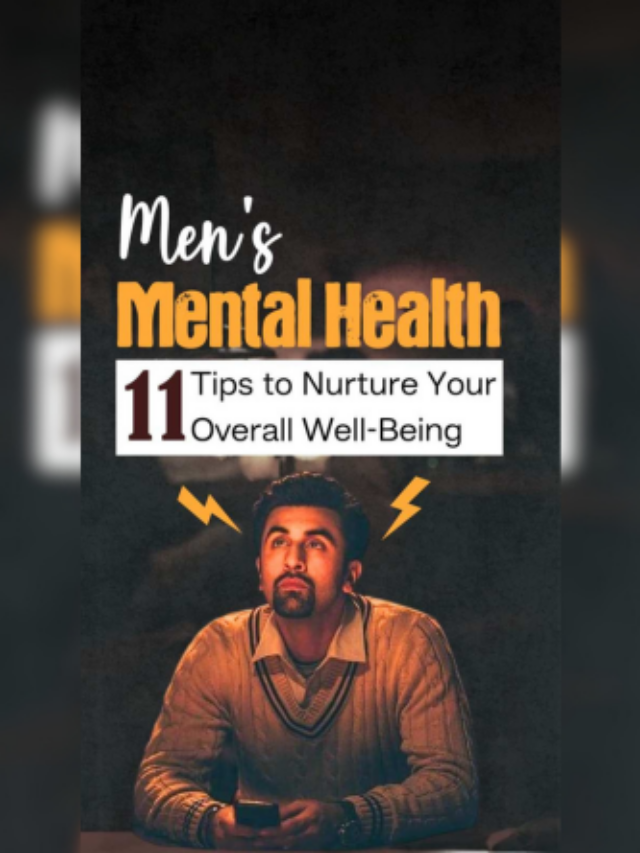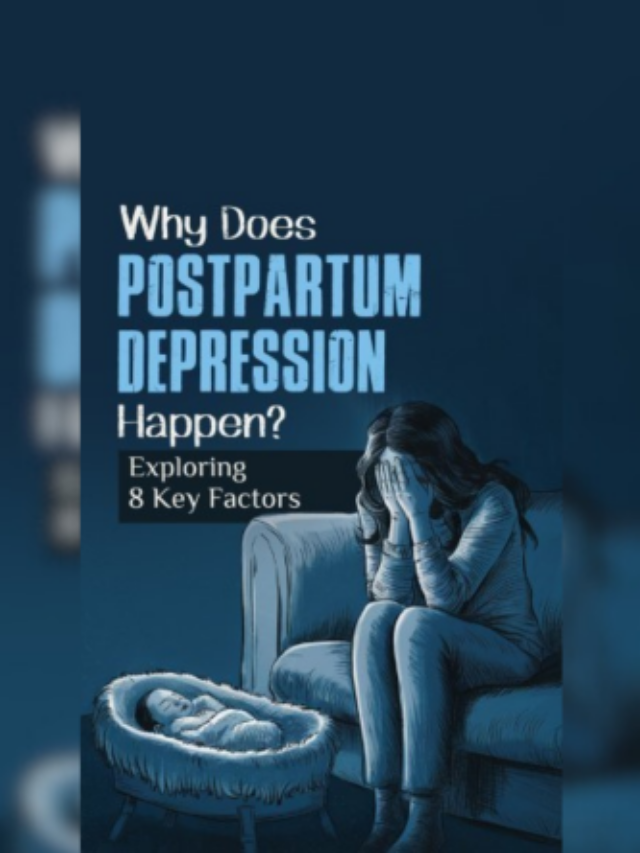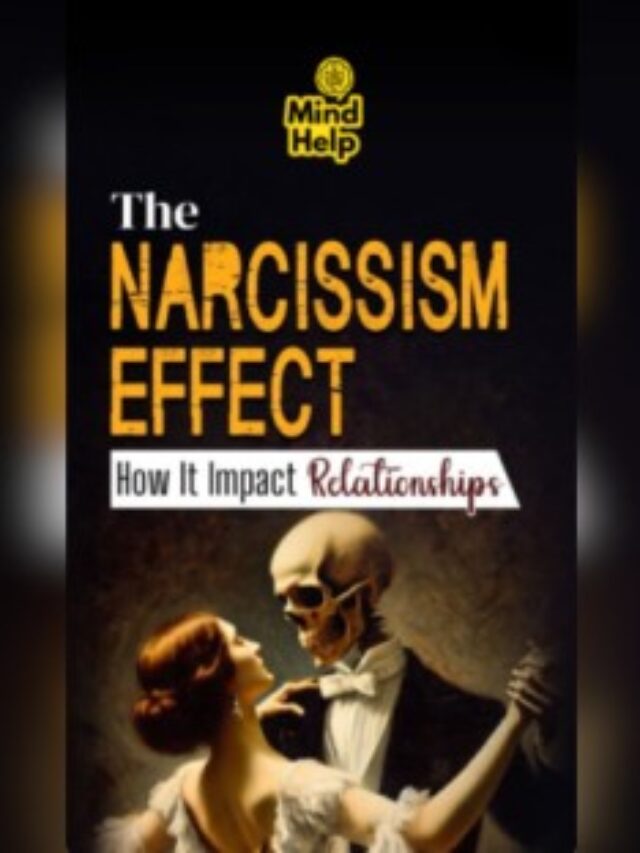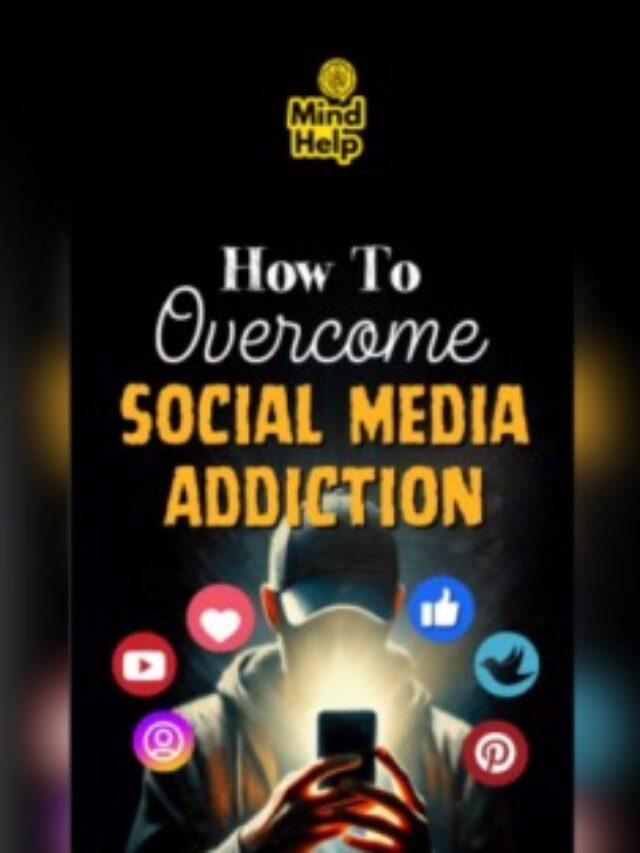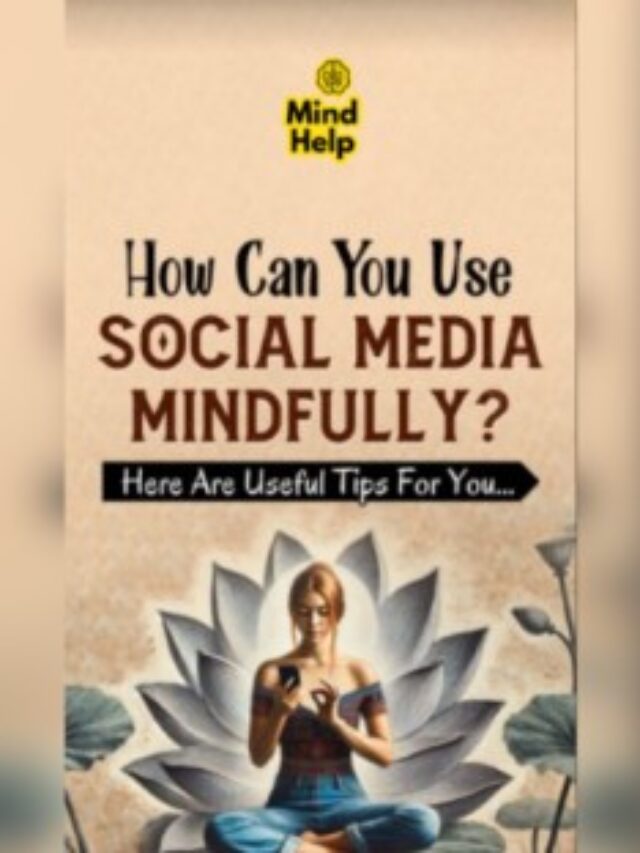Dealing with the Complexities of Overly Enmeshed Parental Bonds and their Aftereffects on Children
The relationship between parents and children is often admired as a support system and love.
However, there are cases where this bond becomes complex and harmful when blurred boundaries and emotional dependency over-ride healthy parent-child relations.
This condition which is also known as emotional incest or hidden incest reveals how a parent may over depend on their child for emotional backing thus the lasting effects it has on the child’s emotions.
Root Causes of Emotional Incest Unearthed
Emotional incest does not occur in isolation but stems from several underlying family dynamics:
1. Dysfunctional Family Dynamics
Situations like infidelity, poverty or mental illness among parents can create room for occurrence of emotional incest.
Such situations could be worsened by things such as toxic divorces, dead parents, or chronic diseases.
Parents might unknowingly turn to their kids for emotional solace instead of seeking help from partners or other relatives when adult relationships fail them.
2. Learned Parenting Styles
Often, intergenerational patterns play a crucial role. If parents themselves experienced emotional neglect or relied heavily on their children for support during their upbringing, this pattern might unconsciously manifest in the next generation.
Seeking emotional refuge from a child could be an attempt to compensate for unresolved childhood needs.
3. Cultural and Socioeconomic Factors
In some cultures, or socioeconomic settings, being involved too much in a child’s life may be wrongly considered normal.
Examples might include single parenting, long working hours, older siblings being burdened with parental duties that they are not ready to handle and consequently becoming emotionally supportive towards their parents; this is known as ‘parentification’.
Tell-Tale Signs
It may be difficult to identify emotional incest within families; nevertheless, there are several tell-tale signs:
1. The Child Confidant
Parents oversharing intimate details or emotional burdens with their child, turning them into a confidant, disrupts the natural parent-child balance.
This premature exposure to adult complexities can profoundly impact the child’s identity and emotional well-being, leading to lasting effects into adulthood.
2. Emotional Spouse Replacement
It can happen that a parent, distressed about a divorce or disputes in relationships might mistakenly expect their children to comfort and befriend them.
Relying on the child for emotional support can interfere with their ability to develop their emotions independently, which may have adverse effects on their formation of normal and healthy relationships outside the family context.
3. Guilt-Inducing Emotional Manipulation
if a parent subtly manipulates the child’s emotions, it can lead to the influence of self-esteem.
Influences such as these tend to come in the way of the child’s ability to create and maintain healthy boundaries in their interactions and relationships that might inhibit their emotional development as well as their capacity for maintaining balanced social ties.
Consequences and Healing
The consequences of emotional incest can be far-ranging encompassing various aspects of a child’s life ranging from his/her very identity to healthy relationships.
To avoid further harm to both sides through other emotionally disruptive actions it is important that these manipulative mechanisms are identified and addressed at their early stages which in turn will contribute towards healthier family systems.
Breaking the Cycle
For one to overcome emotional incest patterns it is vital that they first become aware of it by accepting its existence and seeking professional help.
As such therapists or psychologists have an important role in guiding families through these intricate familial connections towards healing.
Fostering Healthy Relationships
In conclusion, to achieve this, however, it is important to acknowledge the presence and deal with emotional incest.
It is therefore important that we have a clear understanding of emotional incest and what causes it so as to establish enabling environment for both parents and children in relation to their emotional wellness and independence.


